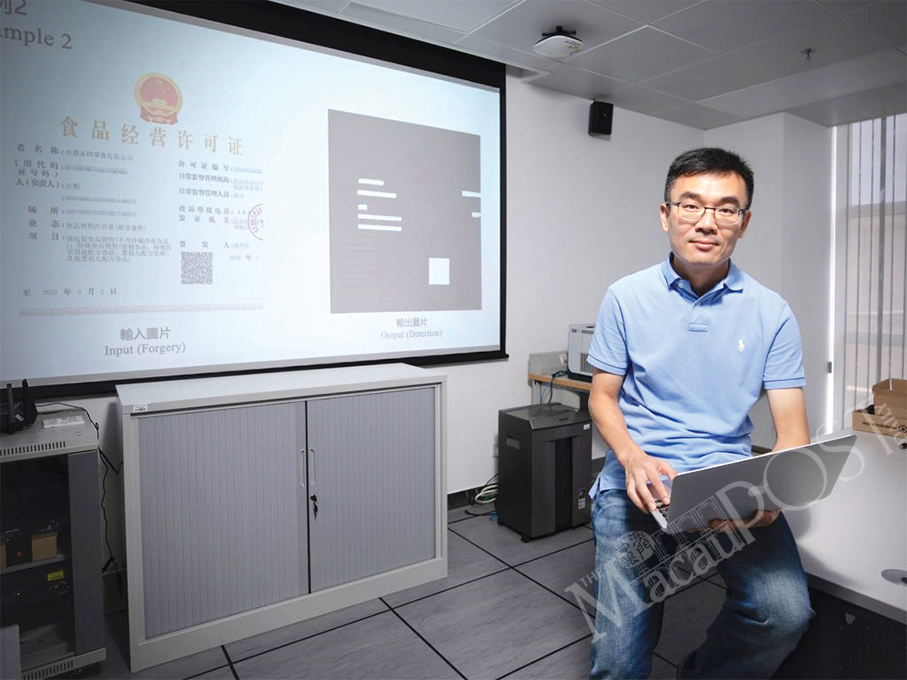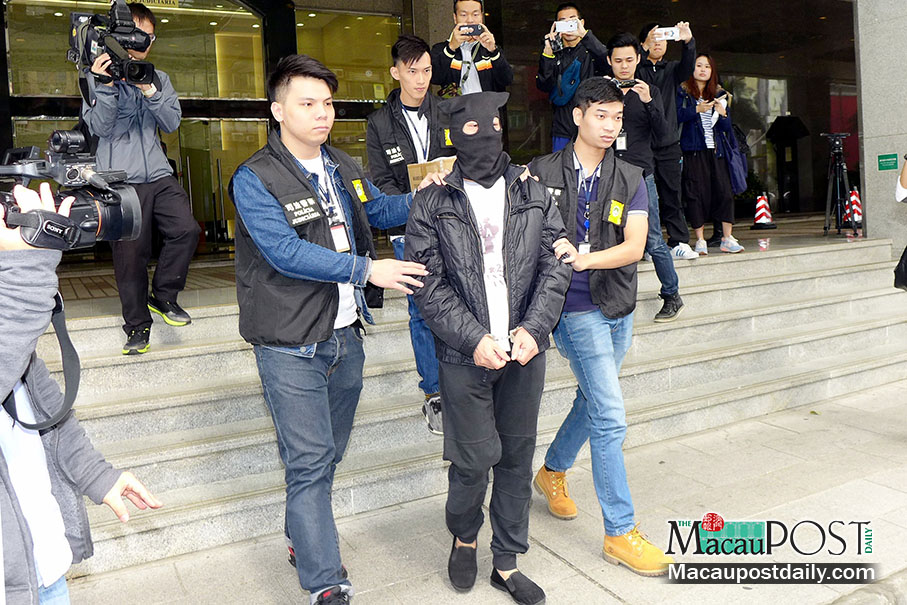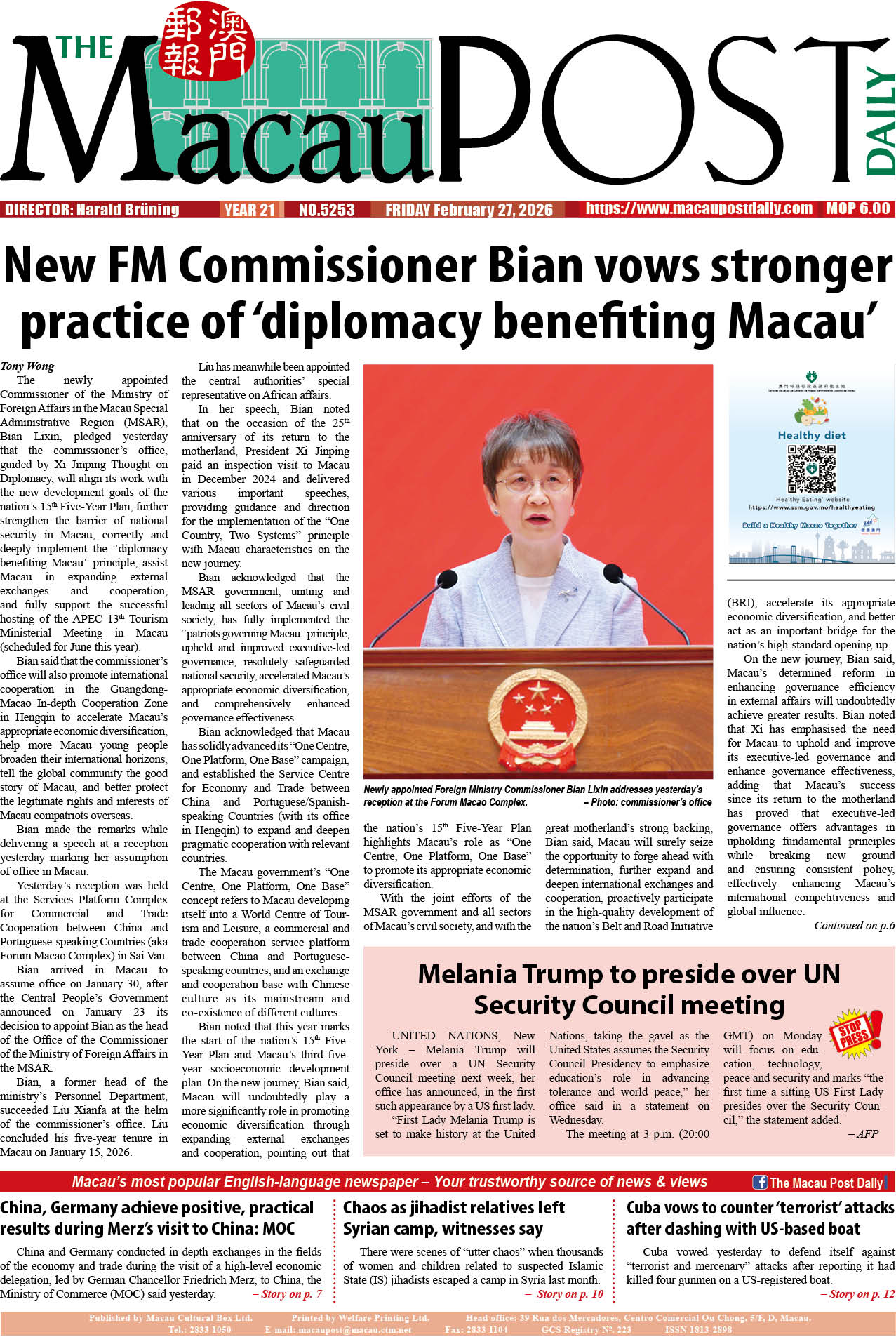The University of Macau (UM) announced in a statement on Friday that it developed a “Fake Pictures Crusher” in conjunction with Alibaba Security.
The statement described the programme as “an image tampering detection technology”, developed and made publicly available to raise online security awareness among internet users.
State Key Laboratory of the Internet of Things for Smart City Associate Professor Zhou Jiantao was quoted in the statement as saying that fake images are frequently encountered by internet users, while it is also difficult for most people to distinguish between real or fake images.
Prof Zhou is also the interim head of the UM Centre for Artificial Intelligence and Robotics.
Prof. Zhou said in the statement that despite the technology not yet being 100 percent accurate, he hopes that making it publicly available “will help promote the development of innovative technology and provide solutions for relevant social problems”. Prof. Zhou underlined that he also hopes to attract fellow researchers to take part in image tampering detection research through opening up some of the detection techniques.
According to the statement, most studies on image tampering detection are focused on natural image tampering detection instead of non-natural images. However, the statement pointed out that fake images that pose a risk of loss are normally “documents such as qualification certificates and electronic documents”. The current tampering detection methods’ accuracy is “significantly reduced” when directly applied to these new types of images. Alibaba Security and UM researchers have, for this reason, been conducting research into the identification of tampering traces on non-natural images, the statement underlined.
The Fake Pictures Crusher can be used at http://antifake.s.alibaba.com/#/, while the study’s full version can be accessed at http://surl.li/cedlq.
The statement said that the techniques involved in the Fake Pictures Crusher’s development will be presented at the IEEE/CVF Computer Vision and Pattern Recognition Conference (CVPR), a top artificial intelligence (AI) conference with an acceptance rate of around five percent of the applications.

This undated handout photo provided by the University of Macau (UM) on Friday shows State Key Laboratory of the Internet of Things for Smart City Associate Professor and UM Centre for Artificial Intelligence and Robotics interim head Zhou Jiantao.







